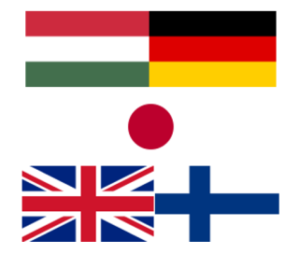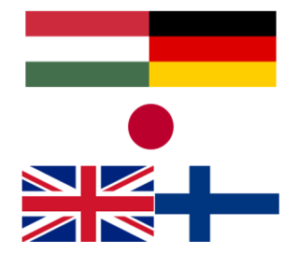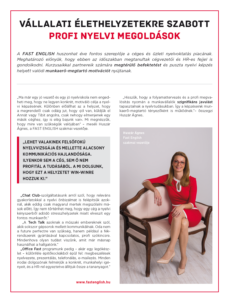
Mi mindent tanultam a japánoktól?
Az első szakdolgozatomat jó pár évvel ezelőtt Japánról, a nemzetköziesedés – azaz kokusaika [国際化] (magyar fonetikával: kokuszajka) – folyamatáról írtam. Ennek keretében az ország és az ott lakók számos erényét és egyben a nyitási szándékokat hátráltató, az igazi nyitottságot akadályozó tényezőket is igyekeztem feltárni. Ebből szeretnék néhány gondolatot átadni.




